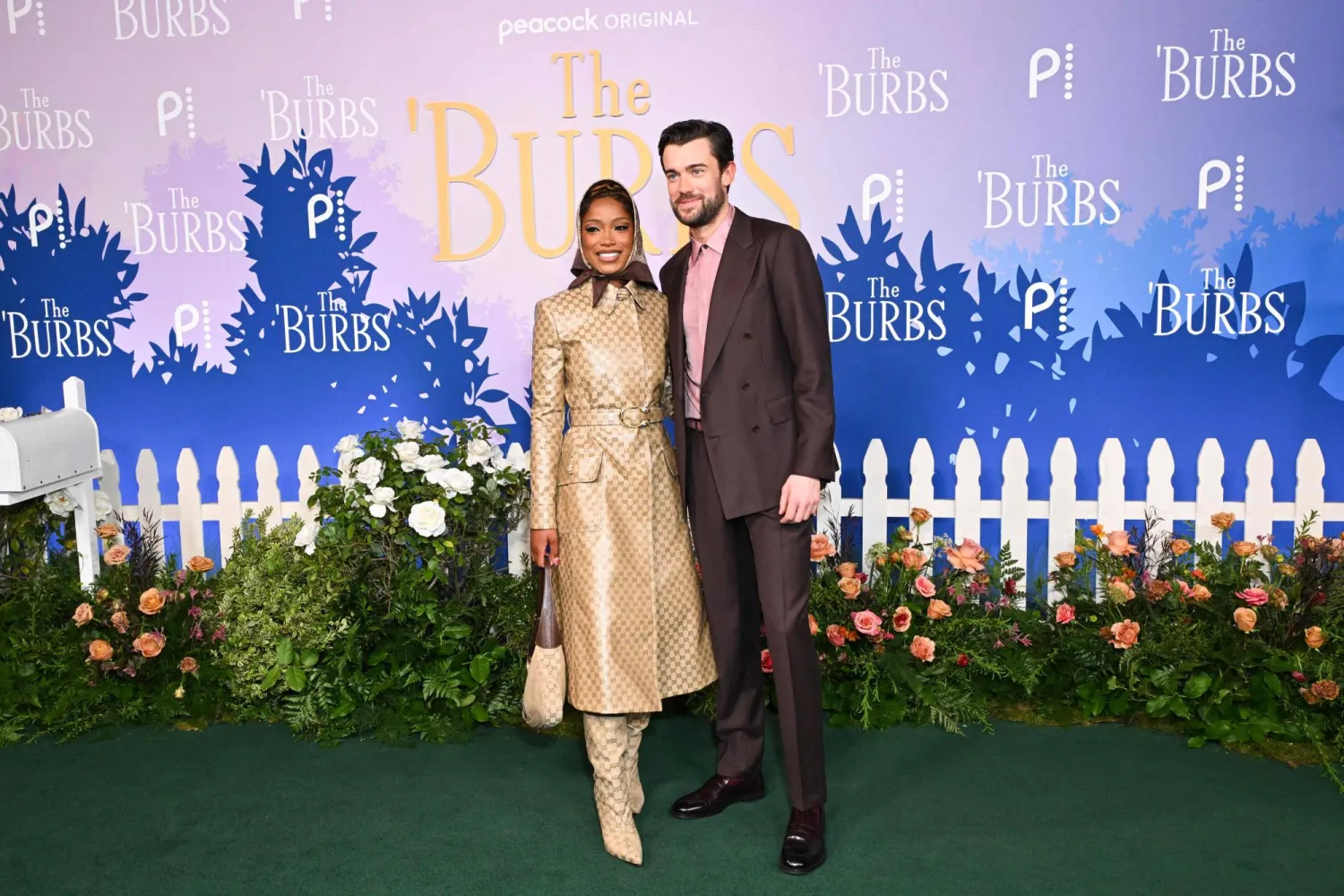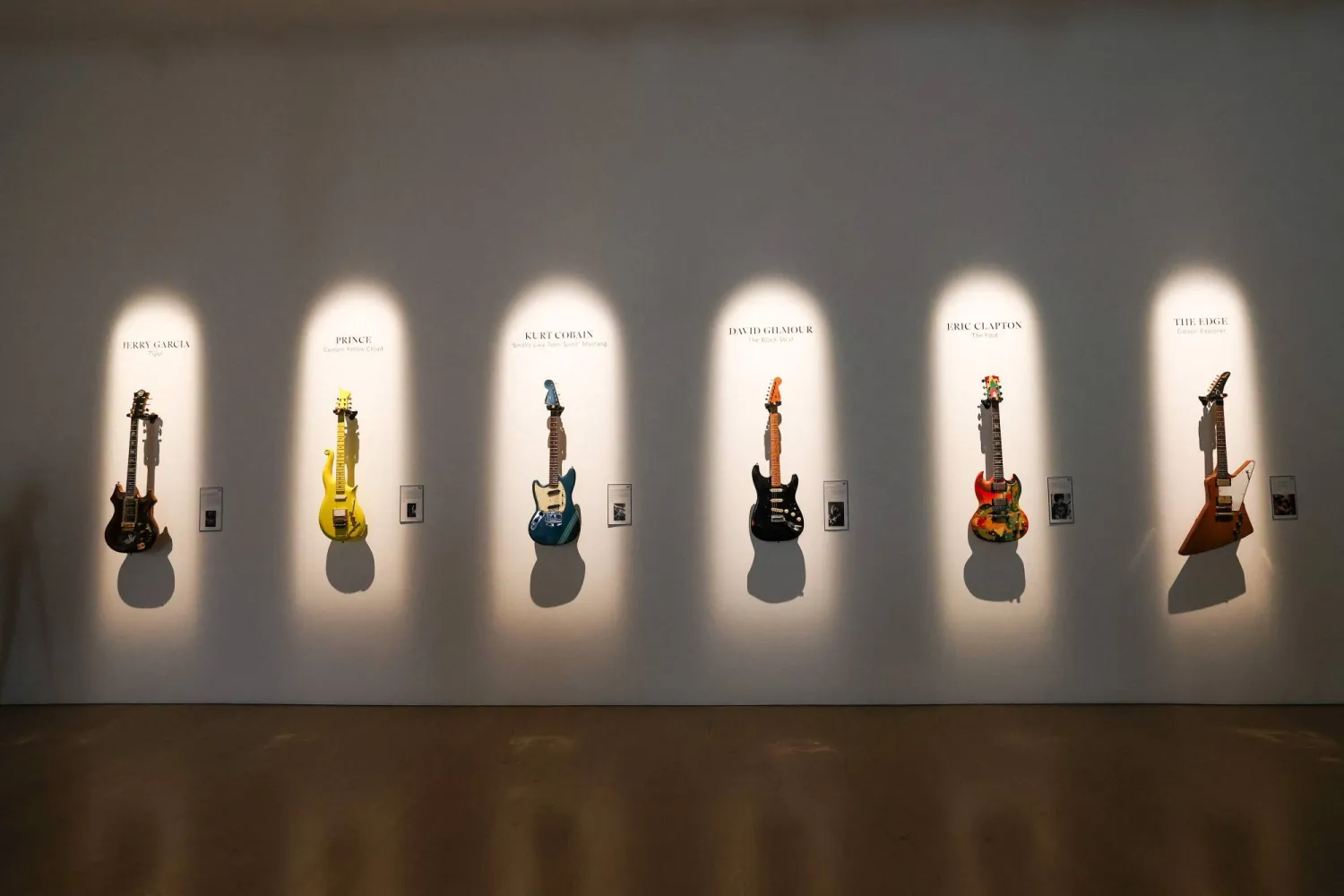Kevin Spacey built a formidable acting career playing dangerous, darkly charismatic antiheroes in hits from "The Usual Suspects" to "House of Cards" -- before disturbing allegations about his personal life brought it crashing down.
The two-time Oscar winner with a piercing, hypnotic charm first honed his craft on the stage, before going on to score major box office hits as a middle-aged father lusting after a teen in "American Beauty," a serial killer in "Se7en" and the villain in "Superman Returns."
But the 63-year-old Spacey has barely been seen except at courthouses since 2017, when he was among the first stars caught up in the global #MeToo reckoning, accused of sexual assault by multiple young men. He denies the claims, AFP said.
Born in New Jersey in 1959, Kevin Spacey Fowler grew up in California, where he briefly attended, and was kicked out of, military school.
Spacey has recently spoken in court about a troubled childhood, with a father he described as a "white supremacist" and a "neo-Nazi," who disliked gay people and did not appreciate his son's interest in theater.
Nevertheless, in 1979, a young Spacey entered New York's elite Juilliard performing arts school.
Spacey's biggest early stage success came opposite Jack Lemmon in a 1986 production of "Long Day's Journey Into Night."
His first film role was a tiny part as a subway thief that same year in "Heartburn" for Mike Nichols, the director Spacey had earlier worked for as an understudy in a Broadway play. The duo reunited for 1988 hit movie "Working Girl."
Spacey also ventured into television and won breakthrough acclaim as a paranoid, psychotic and incestuous young crime boss in "Wiseguy."
That set the tone for a string of pitch-black Hollywood hits culminating in 1995, when Spacey memorably appeared as a fanatical serial killer in David Fincher's "Se7en," and played a mysterious gangster in "The Usual Suspects" -- a role that earned him his first Oscar for best supporting actor.
The mid-1990s also saw Spacey play a monstrous Hollywood executive in "Swimming with Sharks" and an ambitious, malevolent prosecutor in "A Time To Kill."
Spacey's crowning big-screen success came with 1999's "American Beauty," in which he played a sexually frustrated father trying to escape suburban drudgery who becomes obsessed with his teenage daughter's friend.
He won his second Oscar -- this time for best actor -- as the movie racked up five Academy Awards, including best picture.
- From the Old Vic to Netflix -
In subsequent years, Spacey briefly pivoted toward gentler movie roles, including a romantic lead in "Pay It Forward" with Helen Hunt, and oddball sci-fi mystery "K-PAX." The results were mixed.
Meanwhile Spacey, who had continued to win accolades for stage performances in such plays as "Lost in Yonkers" and "The Iceman Cometh," announced in 2003 he was to take over as artistic director of London's Old Vic.
Spacey's decade-long tenure at the historic theater would be widely acclaimed.
He starred in and lured A-list actors and directors to diverse and daring productions, reveling in playing Shakespeare's "Richard III" and staging American classics by Eugene O'Neill, Arthur Miller and Tennessee Williams.
During that period, he also struck big-screen gold again as the nefarious Lex Luthor in "Superman Returns."
In 2013, Spacey helped launch Hollywood's streaming revolution, taking the lead role in Netflix's first-ever major exclusive series "House of Cards," as a ruthless US congressman who will stop at nothing to become president.
The series became a cultural phenomenon. It was the first online-only series to be nominated for, and win, an Emmy, and ushered in the binge-watching era.
- #MeToo -
But Spacey's empire rapidly began to unravel in October 2017.
Barely three weeks after #MeToo allegations broke against Harvey Weinstein, Spacey too was hit with sexual assault claims.
Actor Anthony Rapp was the first to go public, alleging he had been assaulted as a 14-year-old at a New York party by Spacey in 1986.
Spacey swiftly apologized, but drew criticism for appearing to try to deflect the story by finally confirming that he is gay -- an open secret in Hollywood for years.
Within a month, Spacey had been accused of assault by multiple men in the US and Britain, dropped by Netflix, and stunningly removed at the last minute from the film "All the Money in the World."
Director Ridley Scott and studio Sony Pictures rushed to reshoot Spacey's scenes in just two months before the film's release.
Since then, Spacey has rarely been seen in public, with the exception of court appearances, where he has denied all allegations of sexual abuse.
In 2019, assault charges against the actor were dropped in Massachusetts. In October, a New York court dismissed Rapp's $40 million sexual misconduct lawsuit.
Spacey has pleaded not guilty to further sexual assault charges in Britain, where he is due to appear in a London courtroom on Friday.









